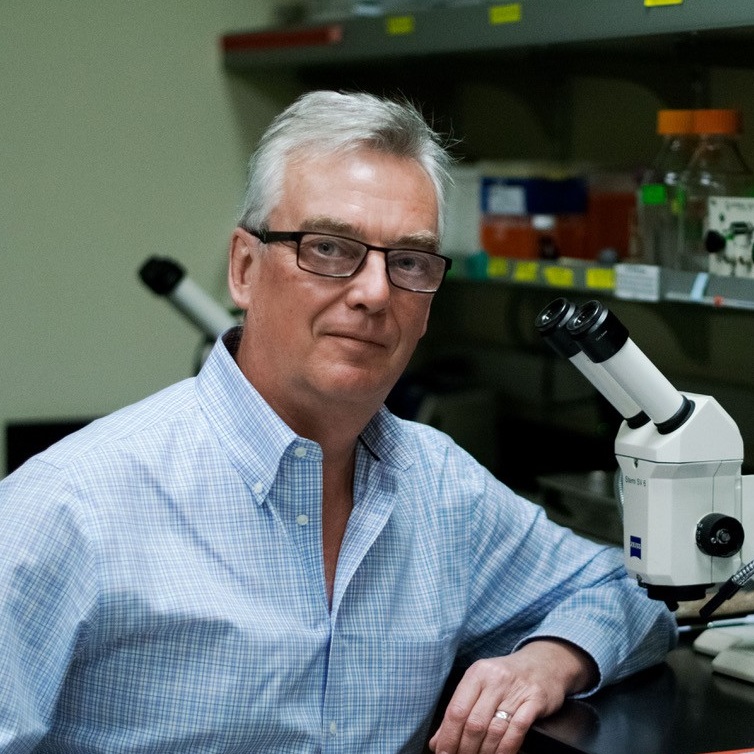Harland aims to understand early vertebrate development at the molecular level. Major contributions include understanding dorsal ventral patterning of the early embryo, and the induction and patterning of the neural plate.
Harland and colleagues used the amphibian embryo to identify genes by expression cloning and determine their functions by gain and loss of function methods. Highlights include the finding that the Spemann organizer controls embryogenesis by releasing Bone Morphogenetic Protein signalling inhibitors, notably the first identified neural inducer made by the organizer, Noggin. These antagonists block BMP in other contexts, for example in skeleton development. In addition to studies of embryonic morphogenesis, continuing work focuses on the anterior posterior differentiation of the neural plate and the coordination of Fibroblast Growth Factor, Wnt, and BMP signaling in posterior neural plate and neural crest development.
Harland is a former president of the Society for Developmental Biology, a Conklin medalist, and a member of the National Academy of Sciences of the USA.
Professional position
- CH Li Distinguished Professor of Genetics, Department of Molecular and Cell Biology, University of California, Berkeley

